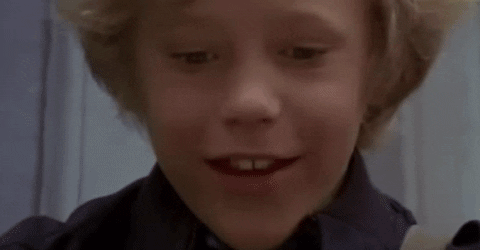I don’t know if everyone felt this way, or if it was just me. But when I heard that Wikimedia was opening a global search for a user-submitted sound logo to represent the sound of all human knowledge, it was like the real life Wonka golden ticket hunt had just been announced.
I instantly imagined some rich kid whose dad had a warehouse full of beat makers carefully crafting exquisite sounds on his behalf while I skulked around like Charlie Bucket desperately hoping to catch a break.
I started out behind the 8 ball. I found out about the contest very late in the game during a period where I didn’t have the time available or access to the Love and Science studio, but how could I not throw my hat in the ring?

What Is A Sound Mark?
In the most simplistic terms: sound marks, sonic branding, sound logos, audio branding, etc. are basically just a bunch of different names for the audio equivalent to a visual brand identity. It’s a sound that instills an almost Pavlovian response within you to identify its associated brand. Think McDonalds’ bazillion variations on their classic sound logo. Other super identifiable sound marks include Intel, Netflix, THX, etc.
When done well, they pierce your subconsious and bury themselves deep inside your core – something Taco Bell has been highlighting in recent ad campaigns where as soon as the bell tolls, everyone drops what they’re doing to go grab a burrito.
But it’s really so much more than that. Sonic branding is the future, especially considering the rise of video and voice activation in our daily lives. At Love and Science, we so fully believe in the future of sound that we’re now incorporating sonic components into our brand architecture work.
So What Does Wikipedia Sound Like?
Let’s face it: asking the world to come up with the sound of “all human knowledge” within a 4 second clip is an absolutely preposterous request. If anyone were to take the request literally, it would be the most horrifically cacophonous racket you’ve ever encountered. You would fall to your knees, blood squirting from your ears as you feverishly try to maintain consciousness until that 4th second had mercifully passed.
I decided to take a different approach: what does Wikipedia sound like?
The first concept that popped into my head was a nasally, self-important voice dragging the word ACKCHUALLYYYYY out over 4 seconds – just enough time for them to type a topic into Wikipedia so they can drop some freshly-learned knowledge bombs all over you in the comments of an obscure Reddit thread.
Unfortunately, Wikimedia was prescient enough to ban spoken word sound marks right out of the blocks. This meant I had to dig a little deeper to give their brand an audible voice.
Another unfortunate rule: that pesky 4 second mark I mentioned earlier. I somehow completely missed that requirement until the deadline when I attempted to submit my marks. All of my marks had been significantly longer, meaning I had to brutally take an ax to the final submissions. For the sake of supporting my thought process, I’m sticking with the long form versions here.
Submissions #1: Tension
This sound mark was inspired by the building tension that comes with being out of the loop. You hear people talking about something that’s completely foreign to you. How do they all know about this thing I know nothing about?
The pressure is mounting – you know someone’s about to ask you what you think. What do you do – admit that you’re completely unaware of basic, every day topics, or try to fake your way through it? In either case, you’re dangerously close to making a complete and utter ass of yourself.
You sneak your phone out from your back pocket, laughing nervously and acting like you just got a text. You slyly search the topic in Wikipedia, eyes darting back and forth like a pinball as you try to grab hold of the most salient points of the synopsis. Suddenly, the tensions begins to fade as you reach a newfound level of enlightenment: they aren’t talking about the youth in Asia, they’re talking about euthanasia!
You’re now officially ready to mingle.
That’s the feeling I tried to capture with Tension. Without further ado, give it a listen and see what you think.
Submission #2: Searching
I’ve dropped out of no less than 3 colleges and universities during my time on earth. One of the few things that has stuck with me from those college years, was a monolithic opposition to students citing Wikipedia from my professors. Often times, they would follow their disapproval with a warning that you can’t believe everything you read on the internet – interestingly, there were never any warnings against more traditional published works despite the plagues of plagiarism and false pretense that have existed in print since before Gutenberg started moving typefaces.
I felt that Wikipedia needed a sound that gave it some gravitas it could use as a knockout punch to the critics. I decided to set the stage with some reverent, king-ly strings. From there, the you hear the sound of a keyboard typing wikipedia.org into a search bar. When the return button is pressed to load the site, a deep timpani comes in as a punctuation – a sentry stating that there’s no negotiation with Wikipedia’s last word.
Submission #3: Into The future
When I think about peak intellectual performance, I think about the future and I think about space. Because I was born in the 80’s and home schooled, space and the future have a different kind of look in my mind.
Inspirationally, this was probably the most “all human knowledge” of my three submissions. It’s less about what Wikipedia is, and more about what can be accomplished if we keep learning.
Once again, the sound of typing wikipedia.org on a mechanical keyboard is the backbone, as throbbing synths emulate the sound of a rocket rumbling as it prepares for takeoff. From there, it’s up up and away.
What’s Next?
Personally, I think Tension is the best of the bunch considering the assignment. With that said, I have a fondness for Into The Future that’s making me want to drop all my responsibilities to spend hours on eBay prowling for Moogs. If I were Wikimedia, I would pick that one and not bother to listen to any other submissions. Into The Future is your new king!
In reality, I’m now patiently waiting for Wikimedia to reject my submissions so I can use them personally. That’s always been the hardest thing for me when it comes to creating: I don’t want to let go. Fortunately, I don’t think I’ll have to.


